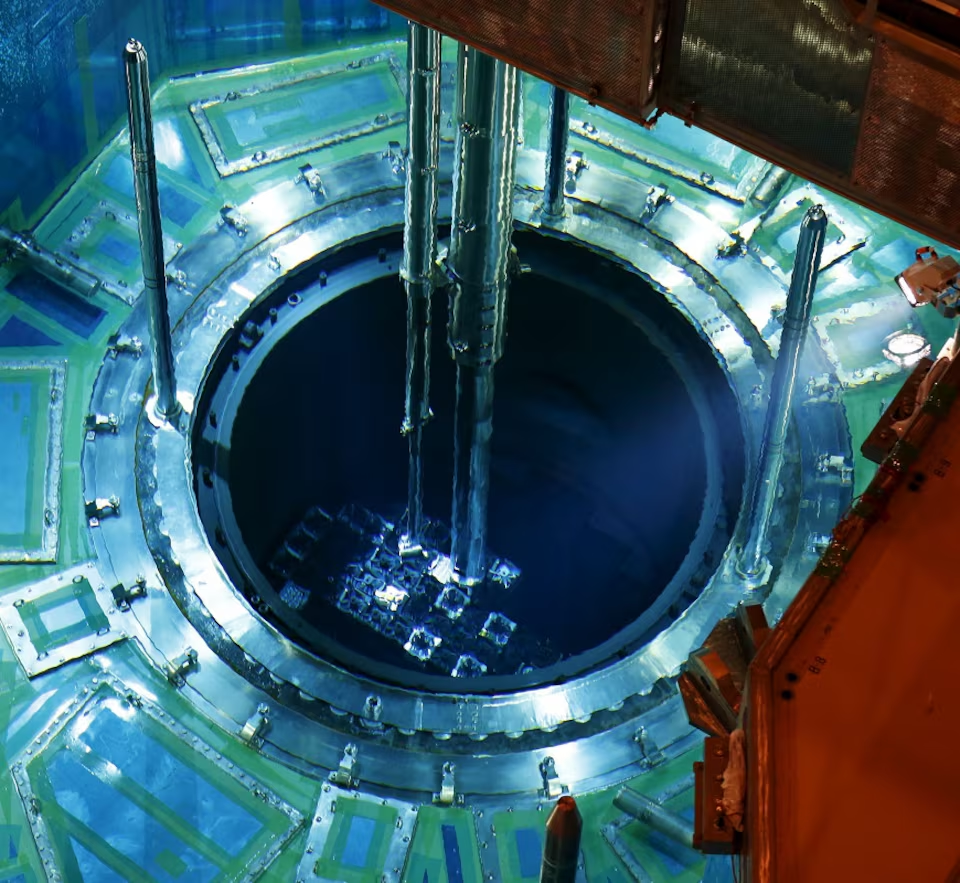SMRs could help meet an expected surge in U.S. electricity demand coming from the expansion of power-hungry data centers but they are still in the development stage and unlikely to become commercially available until at least the end of the decade. As well as investing billions of dollars to develop this technology ahead of their rivals, SMR companies need to secure supplies of nuclear fuel.
The company that develops the first commercially viable SMR “is always going to have the advantage,” said Jeffrey Bonner, editor at Nuclear Insights, a data analytics service by the American Fuel Resources, but their success will largely depend on their ability to “build out the supply chain, opens new tab in reverse.”
“If you are looking at the dollar to megawatt equation, SMRs will be very expensive, initially, because you have to build out the supply chain,” Bonner told Reuters Events.
Many leading SMR companies such as Oklo, X-energy, TerraPower and Kairos Power, opens new tab plan to use high assay low enriched uranium (HALEU)-based fuels that are currently being produced through an electromechanical process to extract uranium from used nuclear fuel that is then mixed with lower enriched uranium.
The U.S. Department of Energy (DOE) estimates the domestic demand for HALEU could reach 50 metric tons per year by 2035, with additional amounts required each year. However, Centrus Energy, currently the only U.S. maker of the fuel, aimed to produce 900 kilograms in 2024. The U.S. cannot import HALEU from Russia, the only global supplier of the fuel, because the Biden administration banned uranium imports, opens new tab from Russia following the Ukraine invasion.
CHART: U.S. uranium supply to commercial nuclear reactors (1950-2023)
Million pounds

Source: U.S. Energy Information Administration (January 2025) Purchase Licensing Rights, opens new tab
The HALEU supply chain needs to grow rapidly in order to meet future demand from SMRs, which will typically need to refuel every five to seven years, according to the International Atomic Energy Agency.
To tackle the looming deficit, the DOE in October awarded a total of ten contracts with companies such as Westinghouse, BWXT, Framatome, GE Vernova, Urenco, Centrus, and Orano to provide enrichment services that will help establish and build out a U.S. supply of HALEU and low-enriched uranium (LEU), and for deconversion services.
The 10-year contracts will each offer a minimum of $2 million, with up to $3.4 billion available from the 2022 Inflation Reduction Act (IRA). The inflation act set aside some $700 million for the nuclear industry, with $500 million of that for HALEU production, $100 million to start a HALEU transportation system, and another $100 million for research, development, demonstration, and commercial use.
Source: Reuters

